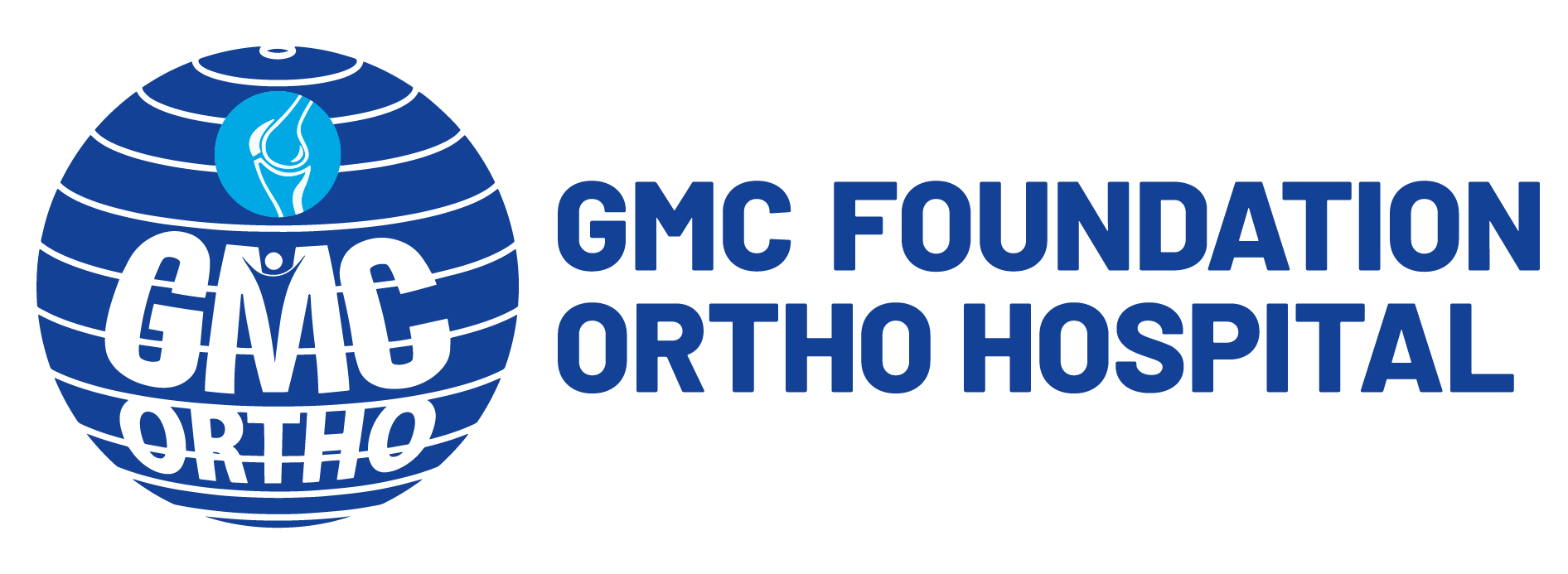9633789014

East Nadakkave, Kozhikode, 673011 9633789014
Book an Appointment
Note: This is an appointment request only Depending on the availability of the consultant, appointment will be confirmed to you through mail/call The appointment requests can be made minimum 48 hrs in advance

Understanding the Recovery Process After Orthopedic Surgery
February 6, 2024Orthopedic surgery marks a significant step towards improved health, but the road to recovery extends beyond the operating room. This blog offers insights into the multifaceted recovery process following orthopedic surgery, providing a comprehensive guide for patients on their journey to restored mobility and well-being.
-
Immediate Postoperative Care:
- Explore the initial steps in recovery, including pain management, wound care, and early mobilization, highlighting the importance of adherence to postoperative guidelines.
-
Monitoring Surgical Site Healing:
- Understand the key indicators of a well-healing surgical site and learn how patients can actively participate in monitoring for signs of infection or complications.
-
Physical Therapy Initiatives:
- Delve into the integral role of physical therapy in the early stages of recovery, focusing on exercises to enhance joint mobility, reduce swelling, and prevent stiffness.
-
Pain Management Strategies:
- Discuss various pain management techniques, from medications to non-pharmacological approaches like ice therapy and relaxation techniques, ensuring optimal comfort during recovery.
-
Gradual Resumption of Activities:
- Learn about the progressive reintroduction of daily activities, emphasizing the importance of following the prescribed timeline to prevent setbacks and complications.
-
Nutrition for Healing:
- Explore the role of nutrition in the recovery process, understanding how a balanced diet supports the body's healing mechanisms and promotes tissue repair.
-
Medication Management and Follow-Up Appointments:
- Understand the prescribed medications and the significance of attending follow-up appointments to track progress, address concerns, and make any necessary adjustments to the recovery plan.
-
Assistive Devices and Adaptive Strategies:
- Explore the use of assistive devices such as crutches or braces and adaptive strategies to aid mobility during the recovery period, ensuring both safety and comfort.
-
Psychological Support and Coping Strategies:
- Recognize the emotional aspects of recovery and discover coping strategies to navigate challenges, promoting mental well-being alongside physical healing.
-
Long-Term Rehabilitation and Lifestyle Adjustments:
- Discuss the transition from immediate recovery to long-term rehabilitation, emphasizing the importance of ongoing physical therapy, lifestyle adjustments, and maintaining a proactive approach to health.
